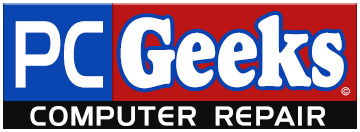The BIG question: Upgrade the Processor or RAM?
Modern day computers are really the sum of their parts. As a result, sometimes deciding which component to upgrade first requires some deeper questions to be answered to make the right decision. These questions really revolve around how you use your computer. The BIG question: Upgrade the Processor or RAM?

Let’s consider this scenario. You run several programs at once and notice slowdowns in using programs or when switching between applications. There’s a very good chance you are running low on RAM memory. Of course your best tool to confirm this would be the task manager built into windows. Windows 10 has enhanced this tool greatly to show you how much memory is in use by every application. When Windows runs low on RAM memory it “swaps” information to storage to keep memory available for your programs. Hard disks are immensely slower than RAM and hence performance takes a hit. Modern day Solid State drives are much faster and so that swapping is less of a performance issue, but still noticeable if it happens.
In the next scenario, you are using processor intensive applications like CAD, video rendering, video conversion, and you notice it takes a long time to complete or the system feels very sluggish and non-responsive. By now, you’ve checked the task manager and noticed you still have plenty of RAM available.
Another clue could by the number of “cores” in your current processor. Core i3 processors for example typically only have 2 physical processing cores. Core i5 processors typically have 4 cores. The more cores you have, the more operations the computer can perform at the same time. Also some programs will use multiple cores to get tasks done faster. This is why more cores can “sometimes” mean better performance as well.
In conclusion we come back to the first point, your computer’s performance really is the sum of its parts. You can have an incredibly fast processor but if your system is starved of RAM you will see performance issues. So, take some time and do a little detective work to see what exactly is the bottleneck on your computer. Want to know more about topics like this? Feel free to contact us.
